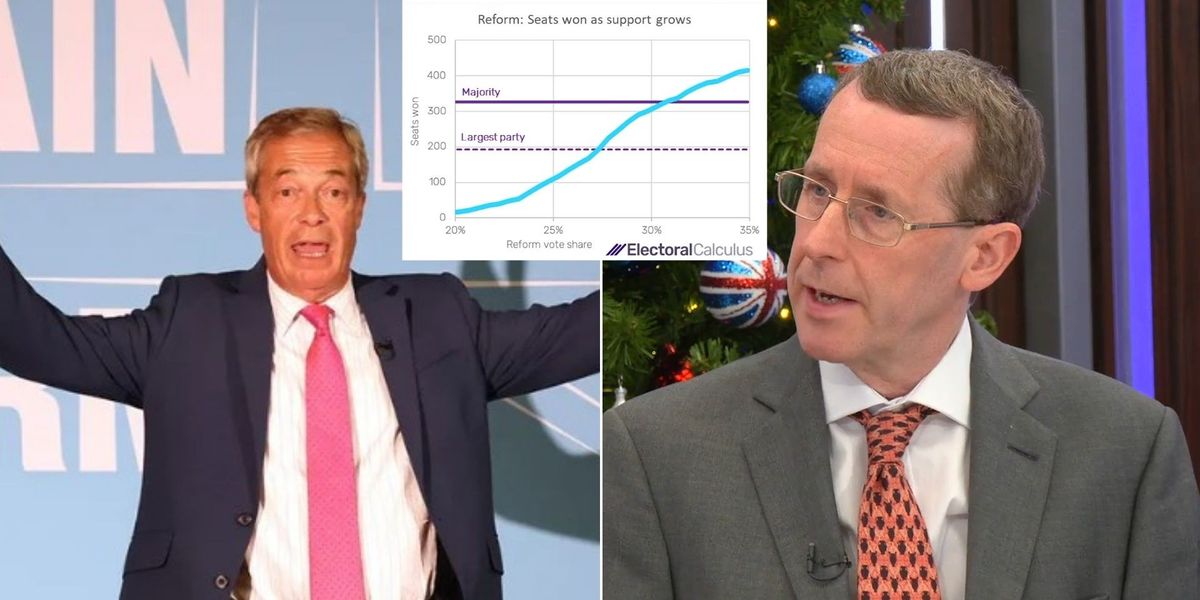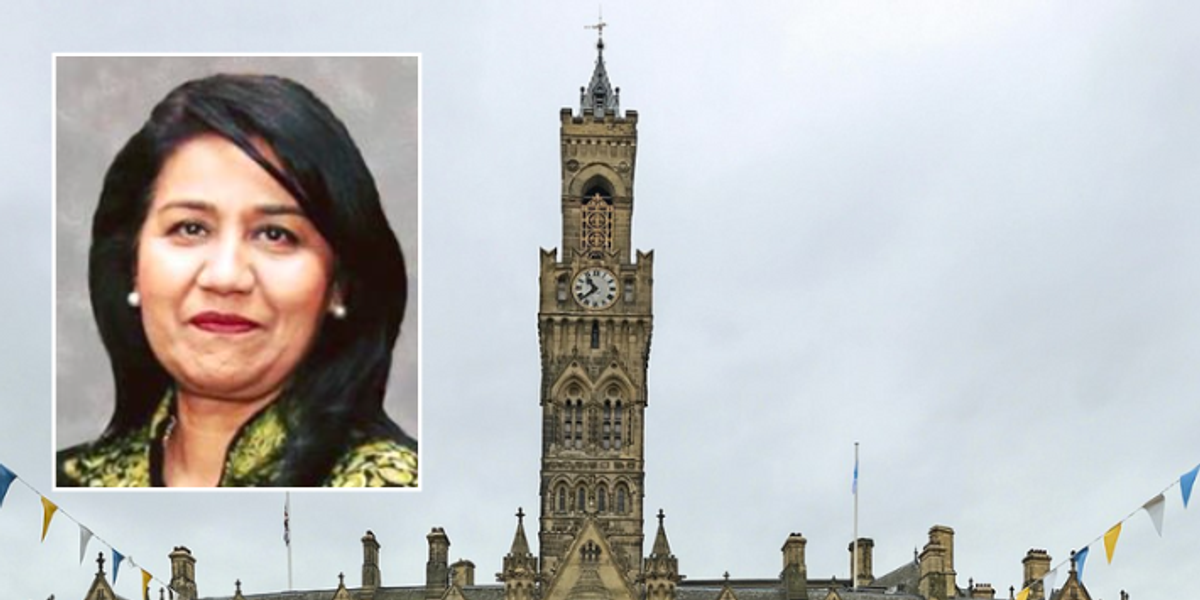The attack on the Christmas market in the German city of Magdeburg has sparked a strong reaction across the Arab world.
Several Arab countries, including Saudi Arabia and Qatar, were quick to condemn the attack, which has so far killed at least five people and injured 200.
There were mixed reactions across social media, many of which reflected the ongoing sectarian, ethnic, and political polarisation in the Arab world.
Suspect’s religious views fuel debate
Social media users in Arab countries have been quick to discuss the alleged attacker’s religious background, highlighting that he had reportedly renounced Islam and become an atheist, according to posts from his X account.
Many have criticised Western media’s coverage of the attack, with some people arguing that it hasn’t been given much attention.
Some claimed that the incident hasn’t been sensationalised in the way similar attacks often are, alleging that when the perpetrator is Muslim, there is more media coverage.
Attacker’s nationality discussed
Social media has highlighted that the suspect, reported to be Taleb A. by the German press, was a dissident of the Saudi regime and that Riyadh had reportedly stripped him of his citizenship and asked Berlin to extradite him. Germany reportedly refused to do so.
Some even went so far as to allege that Saudi Arabia had warned the authorities in this country of the danger posed by the suspect.
Unverified content has also been shared, indicating a WhatsApp conversation dating back more than a year between a Saudi girl and German security services warning that Taleb A. might carry out an attack in Germany. This content remains not officially verified.
Many social media users criticised Western countries’ treatment of Arab dissidents under the pretext of protecting human rights and freedom of expression, saying that Germany is bearing the brunt of this approach and that the West in general is paying the price for its positions.
Iran and the Shia
Amid tense relations between Tehran and the majority of Arab countries, some responses tried to link the Islamic Republic with the ideology of the attacker, who they claim came from Qatif in eastern Saudi Arabia, home to a Shia minority.
One said he had a little Khomeini in his heart, according to a post on X.
Some linked the incident to Iran, which supports the toppled regime in Syria, and claimed it was an attempt to retaliate against Berlin for Germany’s protection of Syrian civilians during the civil war that ravaged the country.
Others, however, highlighted the suspect’s stance on Iran, that he published anti-Tehran and pro-Israel content. He also retweeted posts of Ahmed al-Sharaa, the new governor of Damascus.
Saudi Arabia’s opponents
Nationality of the attacker was also taken up by Saudi Arabia’s opponents on social media.
Some have called for the restriction of Saudi passports in order, they said, to prevent further terrorist attacks worldwide.
Syria
Others tried to link the Magdeburg attack to recent developments in Syria and the fall of Bashar al-Assad’s regime.
Some social media users accused the attacker of being a supporter of al-Assad’s regime and even accused his brother of being behind the attack, saying that Maher al-Assad, who had fled to Iraqi Kurdistan, had contacted sleeper cells in Europe and provided them with money to launch similar operations in several European countries just hours hour before the Magdeburg incident.**
Supporters of the new Islamist-dominated rulers in Damascus, led by Ahmad al-Sharaa, the leader of Hayat Tahrir al-Sham, linked the Islamophobic attacker’s ideology to calls for a secular regime in post-Assad Syria, saying that “terrorism and apostasy” were two sides of the same coin.
The Magdeburg attack and the Kurdish question
Some supporters of the Kurdish community tried to link the timing of the attack to Germany’s stance on the Syrian Kurds and its call for them to lay down their arms and make a peace deal with the new regime in Syria.
As for their opponents, they claim the attacker was a supporter of the PKK and the Syrian Democratic Forces (SDF) in Syria.
Despite the statement by the German authorities that the incident was an individual act, it seems that some try to cloak every attack in a sectarian or political guise, with the incident reflecting a high level of polarisation and tension in a region wracked by war and political turmoil.












